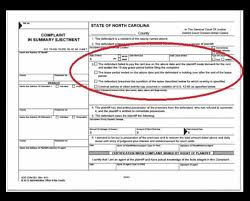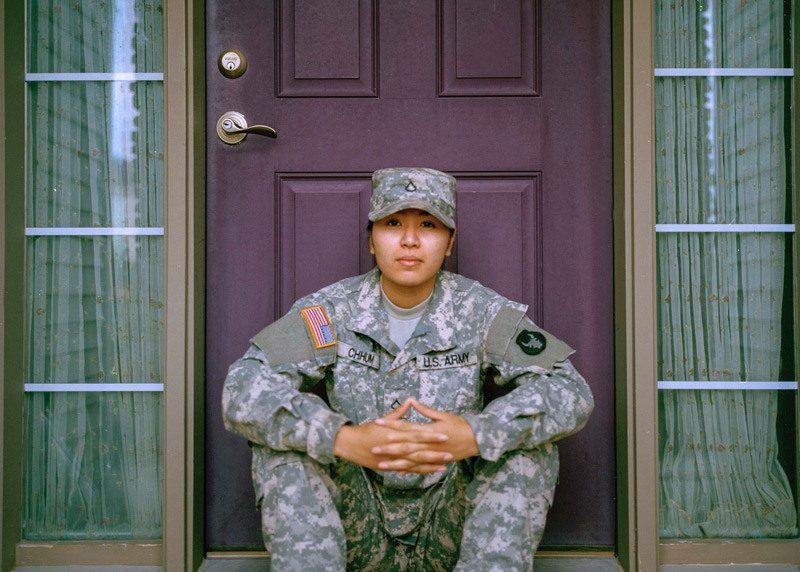Shanetta Burris: A New Voice for Durham & What It Means for Prosperity NC
- Prosperity North Carolina

- Jul 31, 2025
- 3 min read

Shanetta Burris, a native of North Carolina and a product of Durham’s robust civic ecosystem, is running for Durham City Council, Ward 2, with an exciting vision rooted in equity, integrity, and meaningful change Shanetta 4 Durham Ballotpedia.
A Lifelong Servant-Organizer from NC Central to City Hall Aspirations
Shanetta brings over a decade of deep, hands-on leadership, from organizing with Durham CAN, leading voter programs with America Votes and Black Voters Matter Fund, to managing initiatives at Lillian’s List and now serving as Training Manager at Supermajority Shanetta 4 Durhamsupermajority.com. Her educational foundation is equally strong: a Bachelor's and a Master of Public Administration from North Carolina Central University, and she remains active in its civic and nonprofit incubator initiatives Shanetta 4 Durham.
What She Stands For: Policies Grounded in Respect and Equity
Her campaign is built on core pillars that resonate deeply with Prosperity NC’s mission:
Accountability & Respect — Emphasizes treating all residents with dignity and ensuring their voices are heard Shanetta 4 Durham.
Housing Affordability — Vows to diversify housing options, protect low- and middle-income residents—including first-gen students—and counter displacement Shanetta 4 Durham.
Sustainable Infrastructure & Environmental Stewardship — Advocates for smart, forward-thinking growth that protects Durham's natural environment Shanetta 4 Durham.
Root-Cause Solutions for Safety — Promotes thoughtful, inclusive approaches to public safety by addressing underlying issues like inequality and lack of opportunity Shanetta 4 Durham.
A Platform of Action: Bold Ideas for Lasting Impact
In her 2023 candidate questionnaire, Shanetta outlined robust policy proposals that closely align with Prosperity NC’s values Durham for All and INDY Week:
Raising City Employees’ Pay & Equity — Plans to tackle income disparities by ensuring fair pay among public staff.
Expanding Affordable Housing — Proposes innovative strategies like revolving construction loans, affordable property conversions, universal housing vouchers, and tax relief programs to preserve generational wealth in Black neighborhoods.
Environmental Justice — Supports forming a task force to address historical environmental inequities and ensure transparent, equitable development.
Gun Violence Prevention — Focuses on expanding social safety nets, job training, after-school programs, and centering affected communities in solution-building.
Why Her Election Matters for Prosperity North Carolina
Prosperity NC fights for accessibility, opportunity, and inclusion—especially in rural and underserved zones. Shanetta embodies these values in how she engages community, structures policy, and amplifies disenfranchised voices. Here’s how her election could strengthen PNC’s mission:
Equitable Housing Advocacy: Shanetta’s housing policies directly align with PNC’s Operation Give & Save and Project ReStart goals—helping keep families housed and neighborhoods intact.
Inclusive Governance: Her commitment to accessibility and respect would help ensure rural, immigrant, and low-income Durham residents have a seat at the table.
Community-Centered Solutions: With her organizing background, she’d bring nuanced, scalable approaches to issues—from legal access to affordable housing to sustainable infrastructure, that PNC champions statewide.
2025 Election Outlook
Shanetta officially filed to run for City Council Ward 2, facing incumbent Mark-Anthony Middleton and challenger Ashley Robbins. The nonpartisan primary is set for October 7, 2025, with the general election slated for November 4, 2025 Ballotpedia Facebook
In Summary
Shanetta Burris stands out as a visionary, compassionate, and deeply rooted organizer with the policy chops and personal integrity to guide Durham toward more equitable, inclusive, and sustainable growth. For Prosperity North Carolina, her leadership would be a powerful ally, bridging grassroots advocacy and systemic change.




Comments